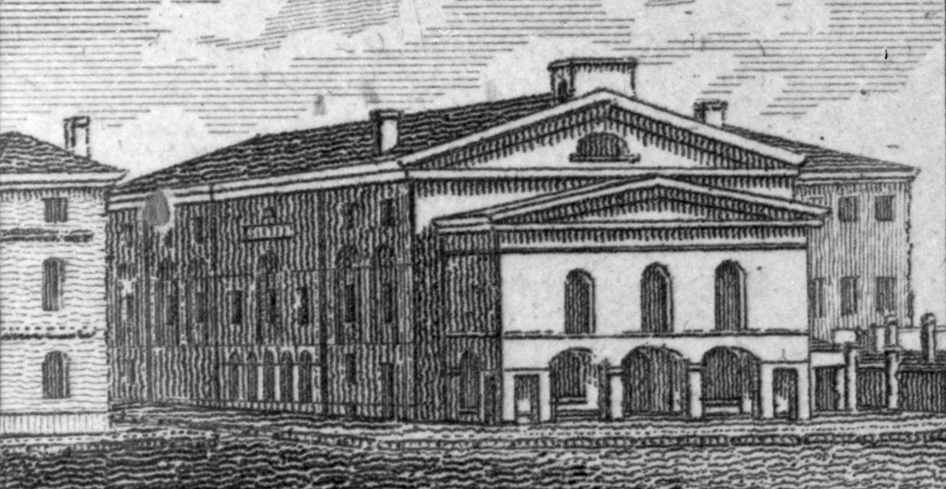EVENT
Eulogy on King Philip

In 1836, William Apes, the Indigenous activist, Methodist preacher, and author, took the stage at the Odeon Theater in Boston and delivered a fiery rebuke of white hypocrisy towards people of color. Apes had already distinguished himself as a passionate and capable defender of Indigenous rights who did not shy away from the spotlight. By the time he took the stage in Boston, Apes, a Pequot adopted by the Mashpee Wampanoag, had been a key figure in the fight for the tribe’s right to self-govern, spoken at rallies against the forced removal of Cherokees from their homelands, and published 4 books, including “Indian Nullification of the Unconstitutional Laws of Massachusetts, Relative to the Marshpee tribe: or, The Pretended Riot Explained.”
Apes framed his lecture as a eulogy of King Philip (Metacom), the Wampanoag leader who led his people in a violent resistance of colonial oppression over 160 years prior. Considered America’s bloodiest war per capita, King Philip’s war cemented Metacom as one of the most notorious Indigenous villains in American History. Having set the stage for curiosity and even outrage, Apes proceeded to deliver a barbed dissection of white colonial accounts of the conflict and Puritan religious doctrine. His impressive command of American history and religious doctrine enabled him to artfully present the cruel and savage behavior of colonial figures including Increase Mather, Benjamin Church, and William Bradford while highlighting their perverse religious justification for the behavior. By highlighting the colonial settler’s complete disregard for the true teachings of Christianity, Apes laid bare the morally corrupt foundations of the colonial establishment, and went on to discuss the present day continuations of the behavior. (1) "I do not hesitate to say that through the prayers, preaching, and examples of those pretended pious has been the foundation of all the slavery and degradation in the American colonies toward colored people.'' (2) His usage of the term “colored people” widened the scope of the conversation, including people of Afro-American descent who were enslaved in the South and discriminated against in the North.
The lecture was delivered in the wake of the 1830 Indian Removal Act and during the Trail of Tears (1830–1850). Apes’s intention was not just to rebuke the mostly white audience for the hypocrisy of their forefathers, but to end the perpetual oppression of Indigenous peoples. “Let every friend of the Indians now seize the mantle of Liberty and throw it over those burning elements that have spread with such fearful rapidity, and at once extinguish them forever.”(2)
Due to its popular reception, Apes delivered the lecture one additional time at the Odeon, and had it published the following year.
1. Bizzell, Patricia. "(Native) American Jeremiad: The 'Mixedblood' Rhetoric of William Apess", in Stromberg, Ernest. ed. American Indian Rhetorics of Survivance: Word Medicine, Word Magic, Pittsburgh: University of Pittsburgh Press, 2006
2. Apess, William. “Eulogy on King Philip : as pronounced at the Odeon, in Federal Street, Boston.” 1837 (https://voicesofdemocracy.umd.edu/apess-eulogy-speech-text/)
Image: Odeon Theatre, 1838 (Bowen's Picture of Boston. http://hdl.loc.gov/loc.pnp/cph.3c32667)


